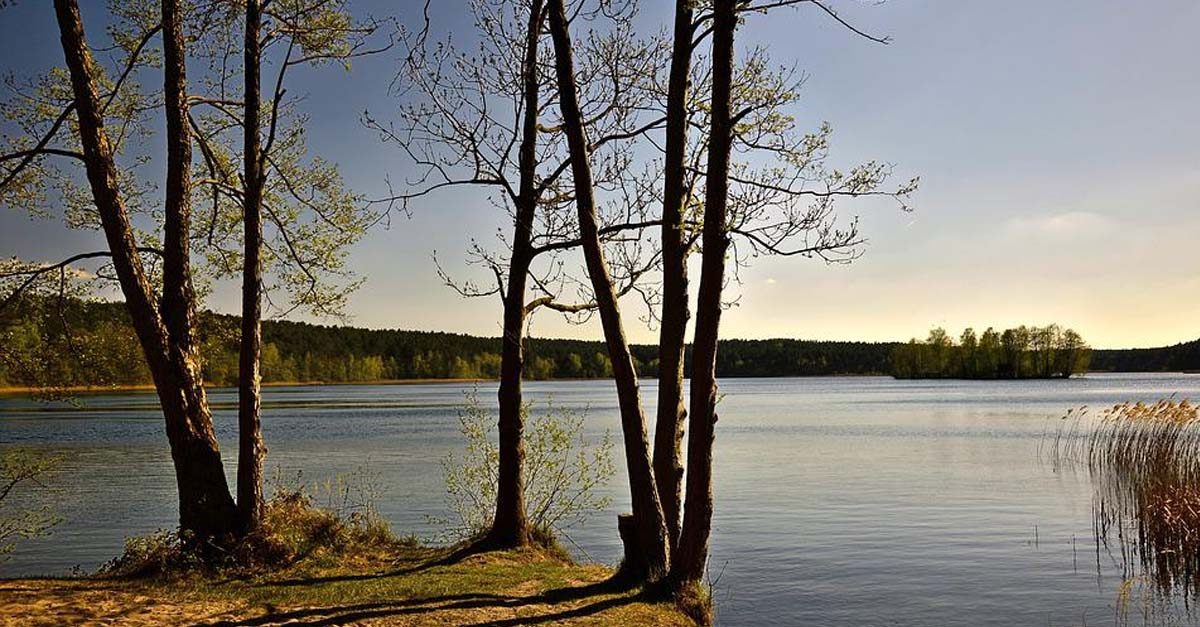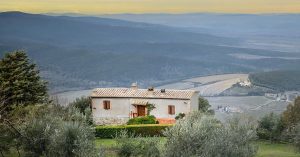Plantations and crops in the coastal area

The Coastal Law has as its main objective the increase of legal certainty, guaranteeing effective protection of the terrestrial public domain, especially on the seashore; combining it with economic activity and job creation. This regulation does not try to prohibit activities on the coast, but to guarantee that they are sustainable and respectful of the environment, as we will see in the following lines.
On many occasions, farmers, ranchers or even individuals decide to plant or cultivate to obtain an economic benefit from their felling, let’s think of eucalyptus plantations that can be destroyed in a short time sell. It must be taken into account that plantations and crops, in accordance with the provisions of the Coastal Law and other concordant regulations, cannot be carried out on any piece of land.
Coast Law 22/1988, of July 28, which was modified in 2013, establishes land protection mechanisms, based on proximity to the coastline. These protection zones are classified, broadly speaking, as maritime-terrestrial public domain, and zone of influence.
Maritime-Terrestrial Public Domain Zone
The use of this area will be free, public and free for common uses and in accordance with it, provided that they do not require works and facilities of any kind. Only for uses of special circumstances that require the execution of works and facilities, you may obtain authorization subject to the provisions of the regulations.
Next to the maritime-land public domain is located the so-called protection easement, subject to certain limitations contained in the Coastal Law in order to protect the DPMT.
Zone of Influence
It is private domain, and at least 500 meters from the inner limit of the sea shore. This area is subject to limitations and easements, except for land expressly declared to be in the interest of national security and defense.
Getting into the subject at hand, it is possible to carry out crops and plantations in the protection easement zones, which cover 100 meters inland from the interior line of the shore of the sea, as established in articles 23, 24 and 25 of the Coastal Law.
On the land included in the protection easement zone (100 meters), crops and plantations can be carried out without the need for authorization, respecting in any case the transit easement.< /p>
The foregoing must be combined with article 25, which after expressly indicating which works and activities are prohibited in protection easement areas, provides that:
“only works, facilities and activities that, by their nature, cannot have another location or provide necessary or convenient services for the use of the maritime-terrestrial public domain, will be allowed in this area, as well as outdoor sports facilities.”
The execution of embankments, clearings or felling of trees must comply with the conditions determined by regulation to guarantee the protection of the public domain.
When it is required to obtain authorization from the Regional Administration for earth movements of plantations in the protection easement, it must be justified that the activity comes to provide a service, that it is necessary or suitable for the use of the terrestrial maritime public domain.
Protection easement zone
Crops and plantations can be carried out in the protection easement area, but subject to the fact that they do not involve a major transformation of the land, or earth movement for leveling, clearing or creating slopes.
In accordance with the provisions of article 46.1 of the Coastal Regulations, clearing cannot harm the landscape, they must be less than 3 meters high and a proper treatment of their slopes with plantations and coverings. From a height of 3 meters, the need and the impact it entails on the maritime-land public domain and on the area of the protection easement must be evaluated.
Tree felling
The felling of trees is allowed as long as it is compatible with the protection of the public domain, when there is prior authorization from the competent body in forestry and it does not significantly reduce the wooded masses, and must be reflected in the authorization the requirement of effective reforestation with native species that do not harm the landscape and the ecological balance.
In those cases in which the plantation or cultivation has been located in the maritime-terrestrial public domain area or the authorization of the Regional Authority has not been obtained, we would find ourselves before a plantation illegal.
In the case of those plantations or crops that do not respect the provisions of the Coastal Law, they may involve the commission of an infraction classified as minor or serious.
The execution of works, discharges, crops, plantations or felling in the maritime-terrestrial public domain without due authorization is classified as a minor infraction and entails the imposition of a fine of 120 euros per square meter.
This type of action may in turn constitute a crime, in the opinion of the competent Administration.
Apart from the appropriate sanction, the offender will have the obligation to restore things to their previous state. And in the event that it is irreparable, it can lead to the corresponding compensation for damages caused.
Any questions you have, contact us, we will offer you the advice you need in this type of situation.
It may interest you: “Department specialized in Agrarian Law ”



















